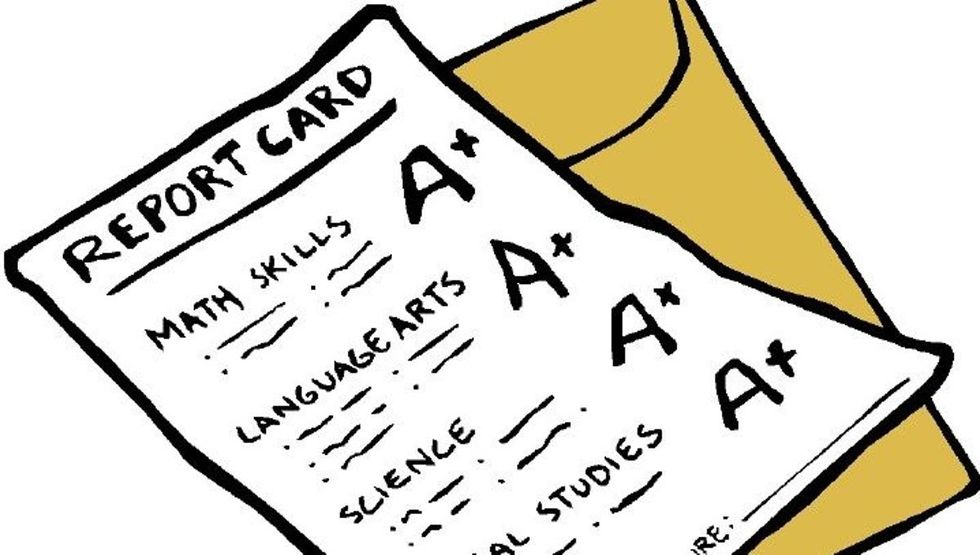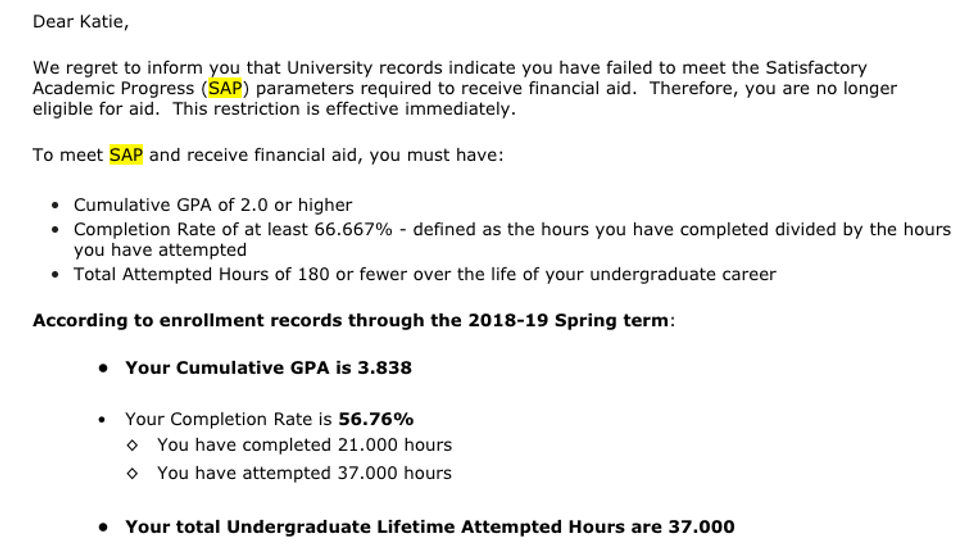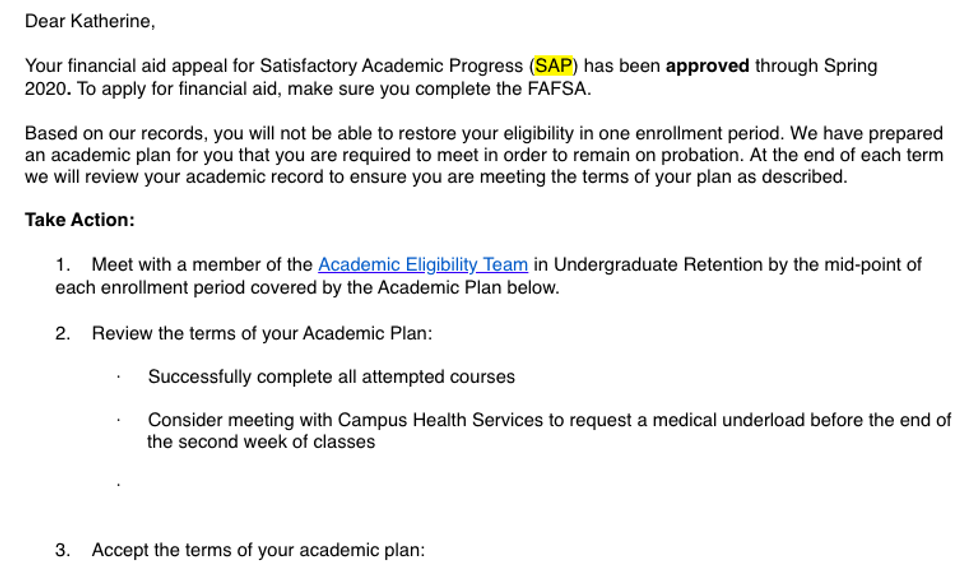Everything You Need To Know If You're Thinking Of Applying To Law School
If you're thinking of applying to law school, use this to see what your options are. Even if you aren't interested in applying to law school, most of this is pretty broad, so it's related to other grad school programs.
I purposely omitted some information because my intention is not to intimidate anyone but to make sure you all are prepared. Good luck, everyone!
Do law schools prefer LSAT over GRE?

crushthegre.com
Arguably the most important, your Law School Admission Test (LSAT) will be a crucial factor in determining which law schools accept you. The LSAT consists of 99-102 Logical Reasoning, Analytical Reasoning, and Reading Comprehension multiple-choice questions, as well as an unscored writing sample, which will take 3 hours and 30 minutes. An alternative exam to the LSAT would be the Graduate Record Examination (GRE) that many law schools already accept. It consists of Analytical, Quantitative, and Verbal sections with 80 questions and 2 essays in total and will take 3 hours and 45 minutes to complete. The GRE is ideal for those who are also considering applying for a Master of Business Administration (MBA) or a joint JD/MBA program.
How important is GPA for law?

www.pnj.com
Along with test scores, grades are essential for law school admissions. Don't be alarmed, though; many people matriculate into the top 15 schools that did not receive a 4.0. Now you might be wondering, does my undergrad major matter to law schools? The answer is no. Most law schools do not care, so feel free to choose whatever your heart desires. However, I would suggest not selecting a major that will be too easy for you, so you're almost guaranteed a perfect GPA. Law schools want to see some challenging courses, and you don't want to sell yourself short when the time finally comes to apply. After all, law schools only come in 2nd after medical school regarding difficulty. Therefore, choose useful and stimulating classes that you can excel in, and you won't regret it.
Do law schools care about work experience?

letsintern.com
The beauty of pursuing your undergrad degree is you have the opportunity to apply for positions to see whether specific jobs are right for you. Internships are a great way to gain knowledge, and you can put them on your resume and LinkedIn. There are also many virtual internships out there right now that will give you the experience you need to succeed while also perfecting your skills on Zoom. But what about those who are always working in areas such as retail to support themselves and their families? Don't be discouraged! While submitting your application, law schools will notice this and will most likely be impressed because it shows how hardworking you are. Additionally, many law students take a break after graduating with their bachelor's and work for a few years before applying to law schools. Next, in school, try to join a few clubs that you feel you will enjoy, and ultimately see yourself in a leadership position. A few ideas are Mock Trial, Model U.N., your school newspaper, or even start a club yourself. Remember, quality over quantity!
Can a personal statement get you into law school?

http://hyperboleandahalf.blogspot.com/
Since law schools receive many applications from people worldwide, it can be difficult to tell what sets a particular applicant apart from another. The personal statement is your chance to tell a story that grasps the person's attention reading your essay and making them want to accept you. It varies from school to school, but most people write about an experience that shaped them into who they are today. Of course, avoid cliché essay topics like anything related to COVID-19, and make sure to proofread your ENTIRE application.
How do you get letters of recommendation for law school?

admissionshelpers.com
Throughout your college career, get to know some of your professors. Even if it doesn't seem like it, I'm sure most of them would like to get to know you too. Virtual learning can be challenging on many levels, but many professors have office hours online that make it convenient to attend, whether you're at home or wearing a mask at your local coffee shop or library. Emailing is also an excellent way to build relationships, too, because it sends an impressive message to your professor. Maybe email them about the coursework or simply ask how they are doing; it might make their day.




 Yes, I have receipts
Yes, I have receipts 























